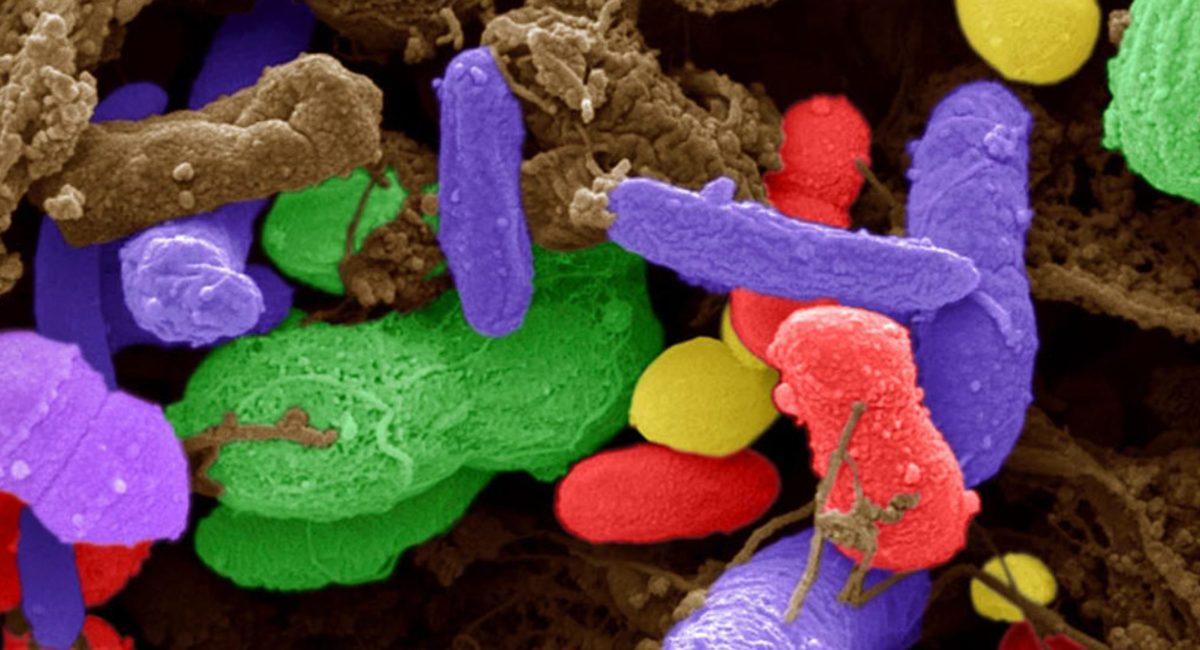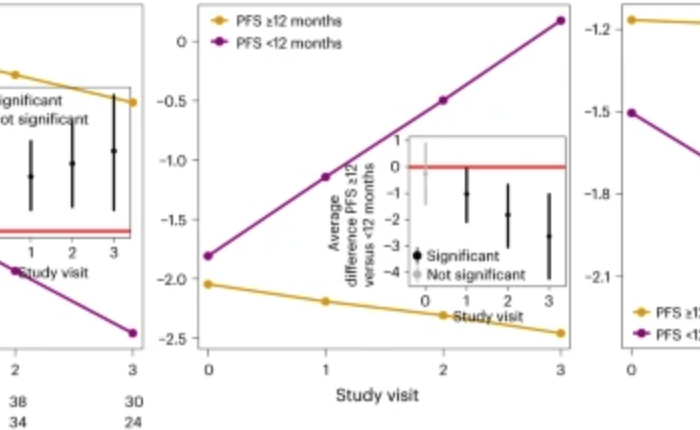Researchers at Rockefeller University’s Laboratory of Genetically Encoded Small Molecules found that when bacteria and host cells “talk,” they do so via signaling molecules, such as the ligands that interact with membrane-bound G-protein-coupled receptors (GPCRs).
Building on this observation, the team developed a method to genetically engineer the gut bacteria to produce molecules that have the potential to treat certain disorders by altering human metabolism. When testing of their findings in mice, they saw that the introduction of such modified gut bacteria led to reduced blood glucose levels and other metabolic changes in the animals.
Commensal bacteria make GPCR ligands that mimic human signaling molecules. Nature (2017). Cohen, L. J., Esterhazy, D., Kim, S.-H., Lemetre, C., Aguilar, R. R., Gordon, E. A., et al.



